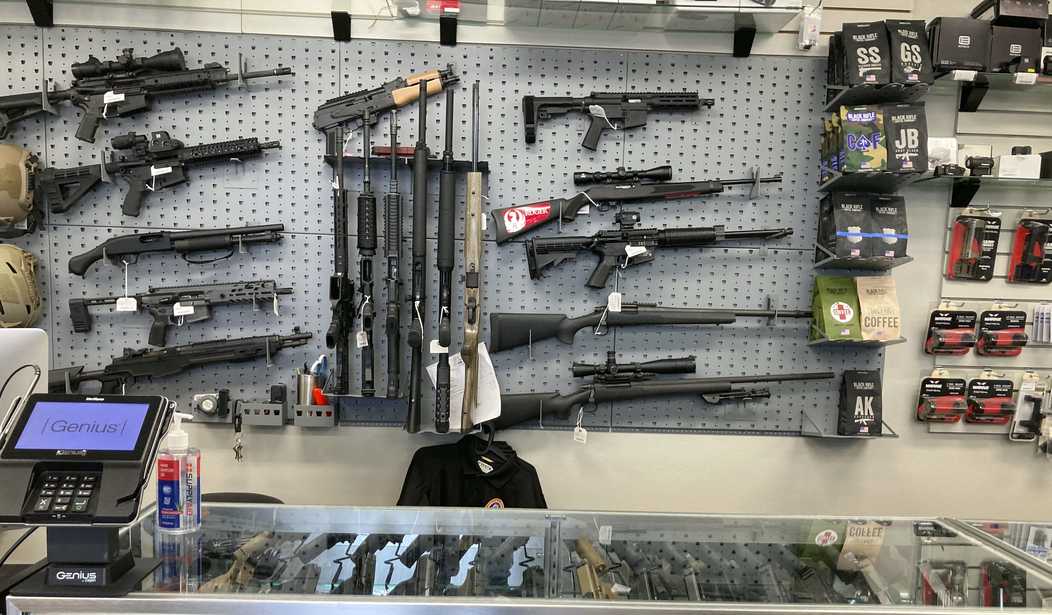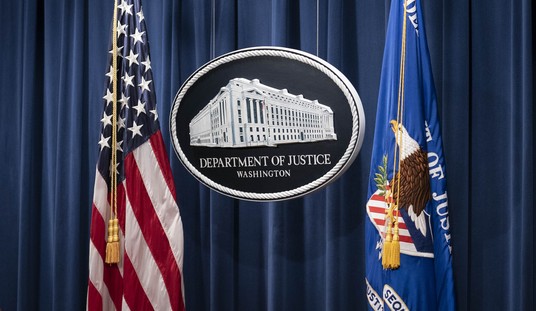For far too many people, the only potential solution to mass shootings is to restrict access to firearms. It’s unsurprising, really, because gun control is a simplistic approach for simple people. They don’t have to think, they can just react.
However, there’s literally no way to even try to address mass shootings–a statistically rare event–via gun control without disproportionally impacting law-abiding gun owners who have no interest in hurting anyone except in self-defense.
Yet someone finally has a proposal that might actually make a difference.
One thing seems to be a relatively common trait among mass shooters. They all seem to have issues with their mental health. To be clear, when I am talking about mental health, I am not referring to a serious mental illness like schizophrenia or a mood disorder. A recent Columbia University study found that, worldwide, only 8% of mass shooters had a serious mental illness. The correlation that is often made between serious mental illness and mass shootings is rooted in speculation, not research. We need to stop citing this correlation because it unfairly stigmatizes those who have serious mental illnesses.
The mental health I am referring to is more general. The state of emotional, psychological, and social well-being. The kind of health that affects your thinking, mood, and behavior. According to the federal Centers for Disease Control and Prevention, mental health helps determine how we handle stress, relate to others, and make healthy choices.
I don’t think many would disagree with the proposition that the commission of a mass shooting reflects an issue with one’s mental health. According to the U.S. Department of Health & Human Services, signs of mental health problems can include pulling away from people and usual activities, feeling numb or like nothing matters, smoking, drinking, or using drugs more than usual, and thinking of harming yourself or others. As you can imagine, these signs can be found in mass shooters. The co-leader of the aforementioned Columbia study noted that his data suggested that “other difficulties, such as legal problems, substance and alcohol use, and difficulty coping with life events seem more useful foci for prevention and policy than an emphasis on serious mental illness.”
…
Given this prevalence, perhaps we can respond to these mass shootings by focusing not on gun control, but on how we can provide all Americans with access to quality mental health services. Mental health is just as important as physical health. Perhaps, just perhaps, we can focus on devising messaging strategies to eliminate the stigmas surrounding mental health services and encouraging all Americans to prioritize their mental health. I’m not saying that doing this will end all mass shootings. There is no “one size fits all” solution to such a complex problem. I’m just saying that it couldn’t hurt to try something different.
Now, I’m sure the author and I have very different approaches to a lot of things, but he and I agree that destigmatizing mental illness treatment is probably a good first step.
Yet part of that has to get handed to the gun control lobby.
Time and time again, we see proposals that seek to keep guns out of the hands of those who suffer from mental illness, but in the process, they stigmatize people who are battling things like depression or addiction. They try to penalize people who get help, thus making it less likely that those who own guns will get treatment for various problems.
Stigmatizing mental illness like this does no one any good.
Yet we can also destigmatize it across the board. While there are some people who are so bad off that they’ll likely never not be a threat to some degree, most folks aren’t in that boat. Even those who are can be looked at as victims suffering from a debilitating illness, rather than an object of fear and scorn.
If people felt free to get help when they’re suffering from issues, then maybe we wouldn’t see people keeping stuff bottled up until they explode.
And if it doesn’t do anything for mass shootings, what then?
Well, then we’re in a better place all around anyway.








